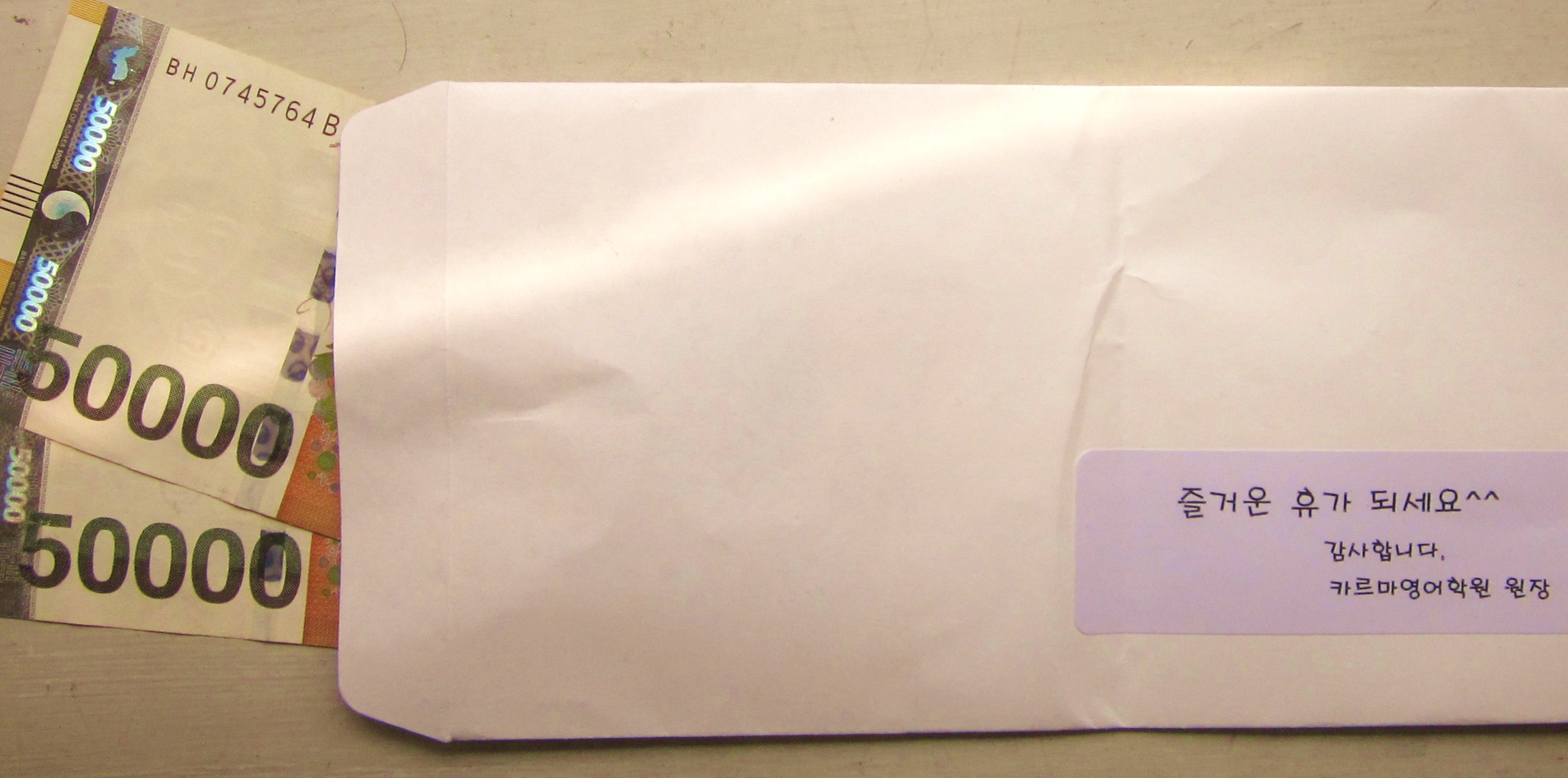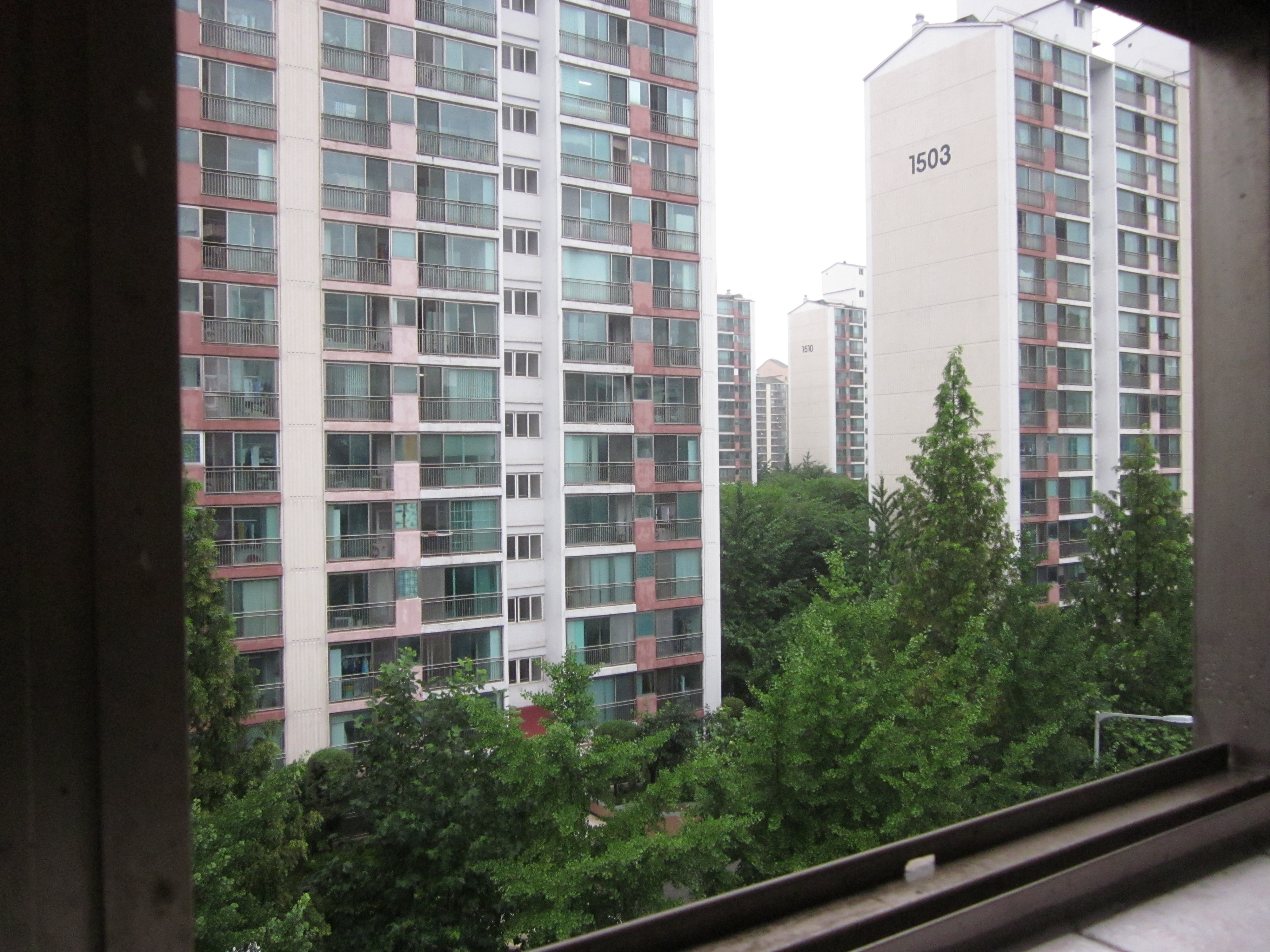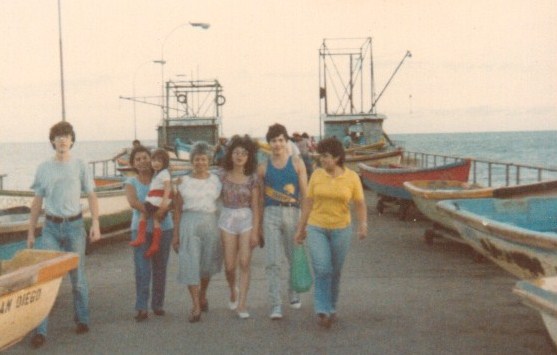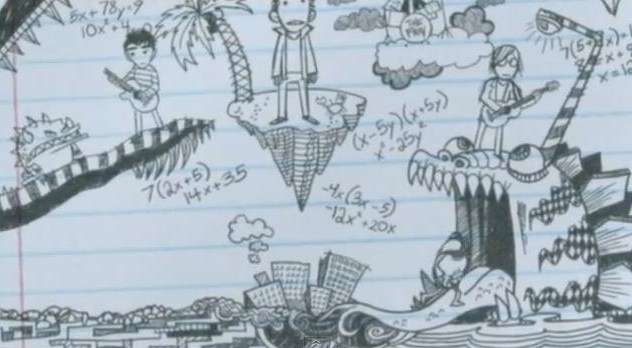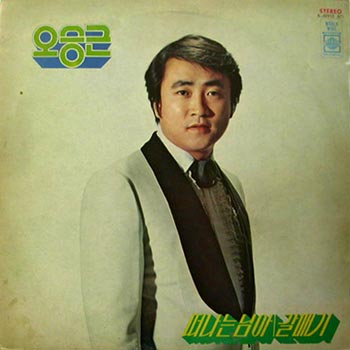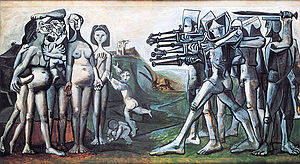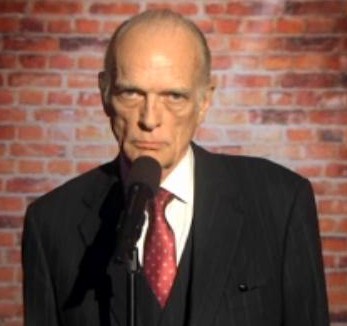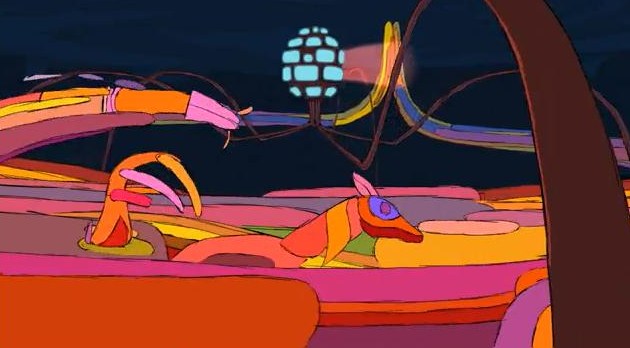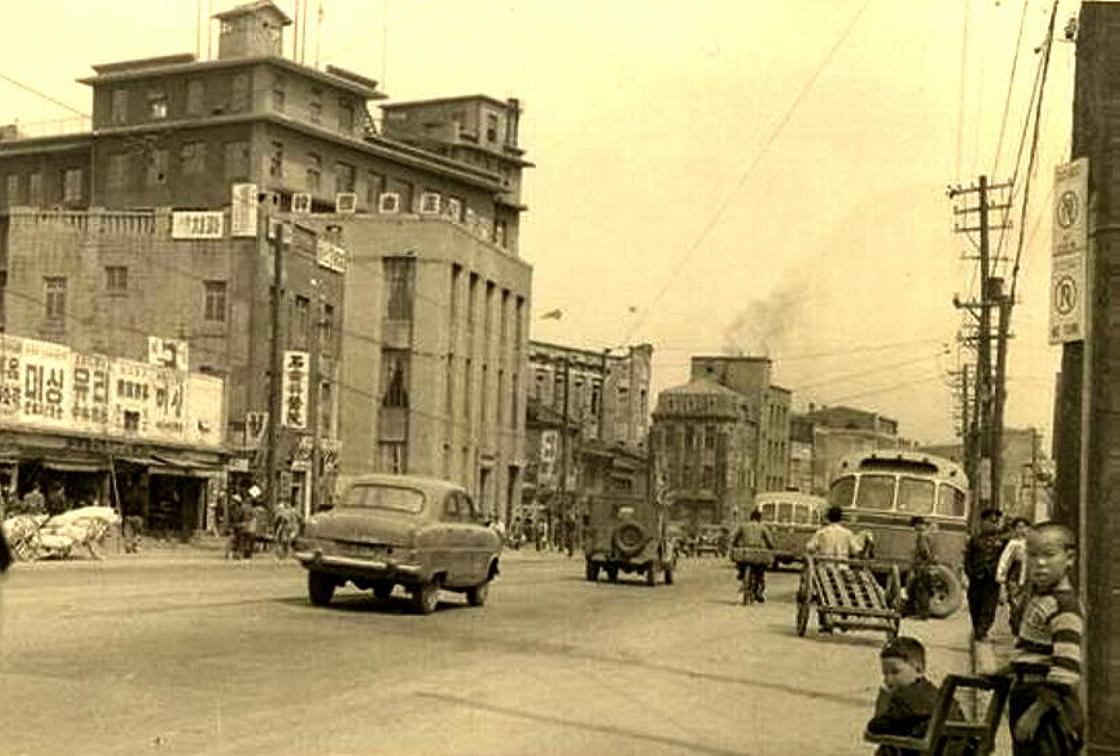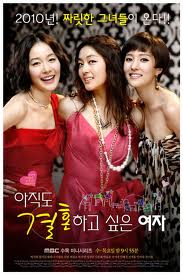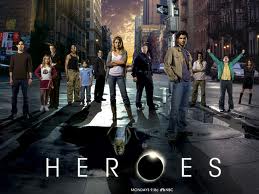 Last Friday evening, in the “TP2” class. Everyone was in a joking mood.
Last Friday evening, in the “TP2” class. Everyone was in a joking mood.
Brandon said, “Did you know Cindy has a strange body.”
“What do you mean?” I asked, imagining something bad. But then the girl demonstrated strange, double-jointed limbs.
“She can put her arms behind her back strange too,” the girl next to her said. Cindy tried to demonstrate, but the constraints of her sitting position didn’t permit her a full range of motion. Still, I was impressed.
“Like an octopus,” somebody said.
 “오징어 [ojingeo = squid],” I said. Somebody laughed. “She could be a new superhero,” I added. I’ve been thinking about superheroes, and this seemed clever. “Ojingeogirl,” I suggested. Dried squid are a universal snack food, with the same level of iconicity as hotdogs in American culture, maybe.
“오징어 [ojingeo = squid],” I said. Somebody laughed. “She could be a new superhero,” I added. I’ve been thinking about superheroes, and this seemed clever. “Ojingeogirl,” I suggested. Dried squid are a universal snack food, with the same level of iconicity as hotdogs in American culture, maybe.
Cindy seemed impressed by this idea, and several other students began to riff on it. Then Luis said, “How about Gulbiboy, too? Who is Gulbiboy?”
I pointed to Brandon. I’d been telling the students short stories about my life in Yeonggwang, earlier, and they were charmed by my accounts of “Gulbi-land” – the preponderance of gulbi shops selling the (in)famous Yeonggwang gulbi (a sort of dried croaker fish).
I pretended to have a string of dried gulbi, which I lifted. All Koreans know what dried gulbi look like, because the strings of fish are given as gifts on holidays. I mimed extracting one of the 20 cm long fish from the string, and pretended to throw it like a shuriken (Japanese “ninja” throwing star) at Luis. “Thwack,” I emphasized. The students were all in convulsions of laughter at this point.
“Oh no, Gulbiboy!” complained Luis.
Later on, Brandon tapped me on the shoulder, in the lobby. “I am Gulbiboy!” he whispered, triumphantly. Brandon is very tall, but his face reminds me a great deal of my nephew’s, perhaps if it were aged a few years further into early adolescence. I feel a certain connection with him for that reason, maybe.
“Go rescue Ojingeogirl, then,” I suggested, pointing toward Cindy, standing out by the elevator. He made a pleased face, before he thought it through, and thought better of this.




